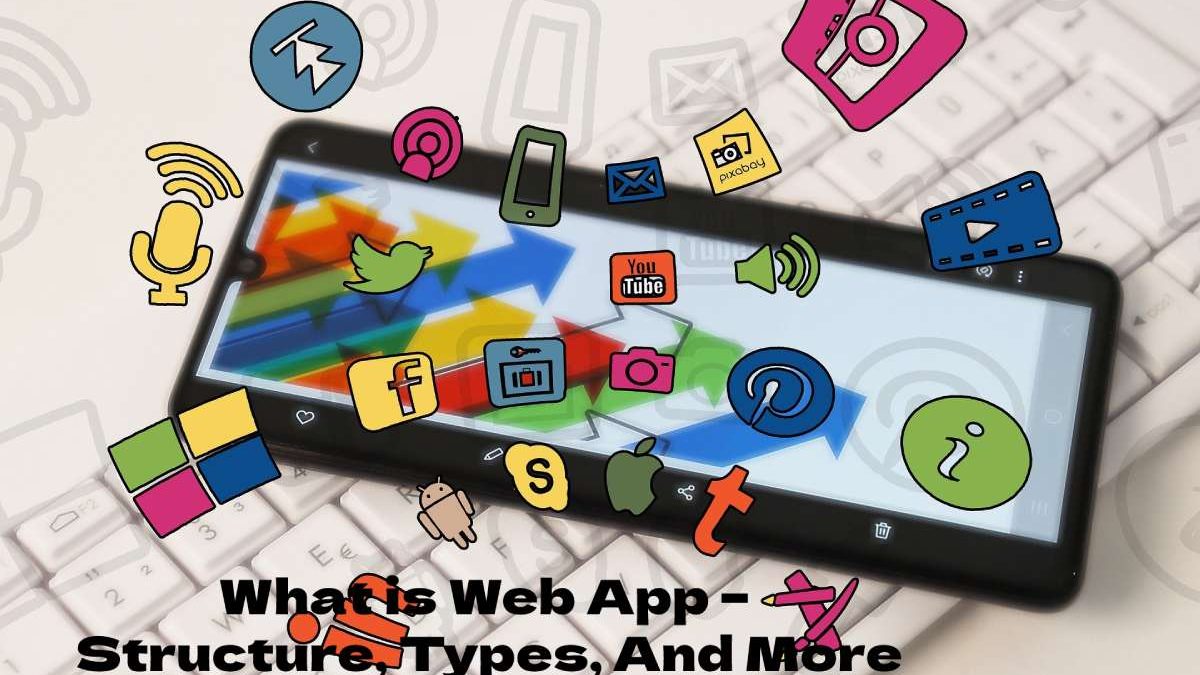Table of Contents
What Exactly Is A Web App?
When speaking of a web app, it refers to software with a coded language and whose execution will carry out through an intranet or an Internet browser. In the case of mobile devices, the App can work by installing it on a compatible operating system.
Although there is a certain similarity between a website and a web app, the terms should not be confused. While a website will conceptually base on providing information, an application focuses on executing actions. So the purposes of these digital platforms respond to different needs.
The truth is that any web page can contain functionalities that transform part of its ecosystem into an application. But web apps themselves are typically designed to offer or provide an online service. They try to provide solutions to concrete problems.
Types Of Web Apps
Web apps based on the fundamentals of web development focused on use in desktop app and web apps for mobile operating systems (the famous App). Some applications solve specific problems, and others with many features. In any case, the objective of a web app will focus on satisfying the demand and facilitating the work in terms of carrying out specific tasks.
Among the variety of examples can be found:
- Email Managers.
- Cloud office systems.
- CMS content managers.
- Ads advertising platforms.
- Web analytics applications.
It must be clear that there are many more functions in a web app or mobile App than in any web page or site with a merely informative purpose. Most of them will work with a variety of data, facilitating management.
They carry out actions such as locating information quickly on a modern and functional website. But in general, they are also responsible for storing and analyzing the data that users contribute and updating sites where the content is constantly changing.
What Is The Layer Structure Of A Web App?
Although an application or App will usually structure in three main well-differentiated layers, there are many variations. The web browser is the first and interprets the code, the second layer is the server that offers the code, and the third layer is the database.
Web browsers send requests to the middle layer, which offers services by taking advantage of updates and database queries, and also provides a user interface.
Different interpreted languages or scripts are often used in the same web app to add functionalities. And above all, to offer a great interactive experience that does not require reloading the entire page every time it is displayed in the browser, avoiding inconvenience.
Also Read: Almost Everything About An OLED TV Is Perfect.
There are different programming languages to develop web apps on the server, such as:
- Pearl
- PHP
- Ruby
- JavaScript in SSJS or Server-Side JavaScript mode, with JavaScript on the server-side.
- python
- js
Advantages Of Web App
Thanks to the different design and development stages of web apps, they have a series of benefits. Among all of them, these are the most notable:
Time-Saving
They are straightforward to manage, so most of the time, it is possible to perform tasks without the need to install additional programs. The creators of these applications think of facilitating the work of the users. It entails applying different rules that improve web usability and favor interaction.
Continuous Update
Because the developer of the web app is the one who controls and manages the software, the version used by users will always be the latest one that has will release on the market. It means that it is essential to be aware of what is happening with the improvements of the application to use the latest version.
Data Recovery In The Web App
One of the most important advantages of web apps is that users can retrieve their information from any place and device. They will only need your username and password.
Full Compatibility
They are compatible with browsers as long as they are correctly updated. The versatility of modern browsers allows the deployment of different versions of applications over time.
Savings On Devices And Equipment
The web app, in general, has a low consumption of resources because it is usually located on a web server and not on a computer. With the right technical help, there should be no problems.
Carrying out web maintenance tasks is more accessible since operators can work remotely on the different layers, components, or modules.
Virus Free
The data stored on the application server will not affect viruses due to more robust and effective security systems. Shared and dedicated servers usually have better protection.
Regardless of the device used, many web apps make it easier to manage information and work together more securely. On the other hand, something enriches the user experience in mobility and collaboration.
Conclusions
Using a web app favors the performance of the activity from a practical point of view. In addition, its structure, in most cases, allows greater scalability and better maintenance.
It is also essential to highlight the versatility of accessing online from anywhere. We are hyper-connect, but we avoid the need to permanently transport a heavier computer with a desktop program installed to record data or make changes.
Also Read: System Cameras: Defination, Advantages, And Disadvantages





Review What is Web App – Structure, Types, And More.